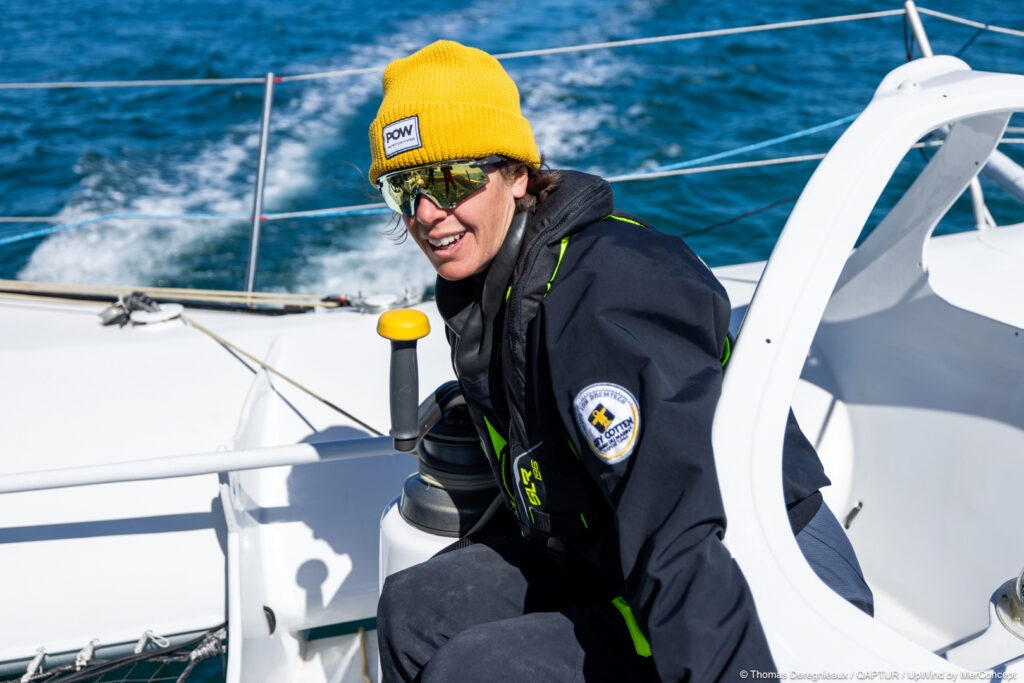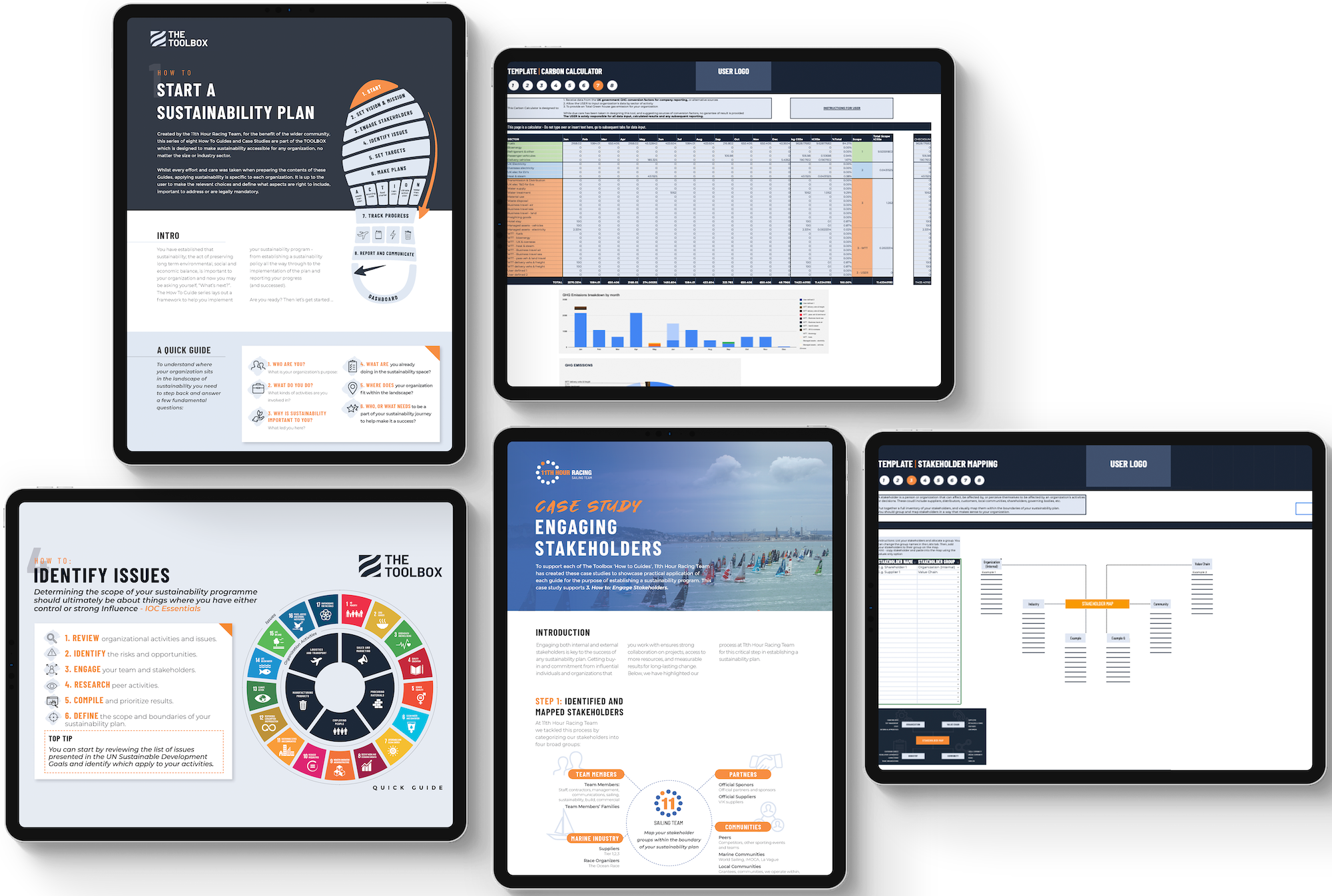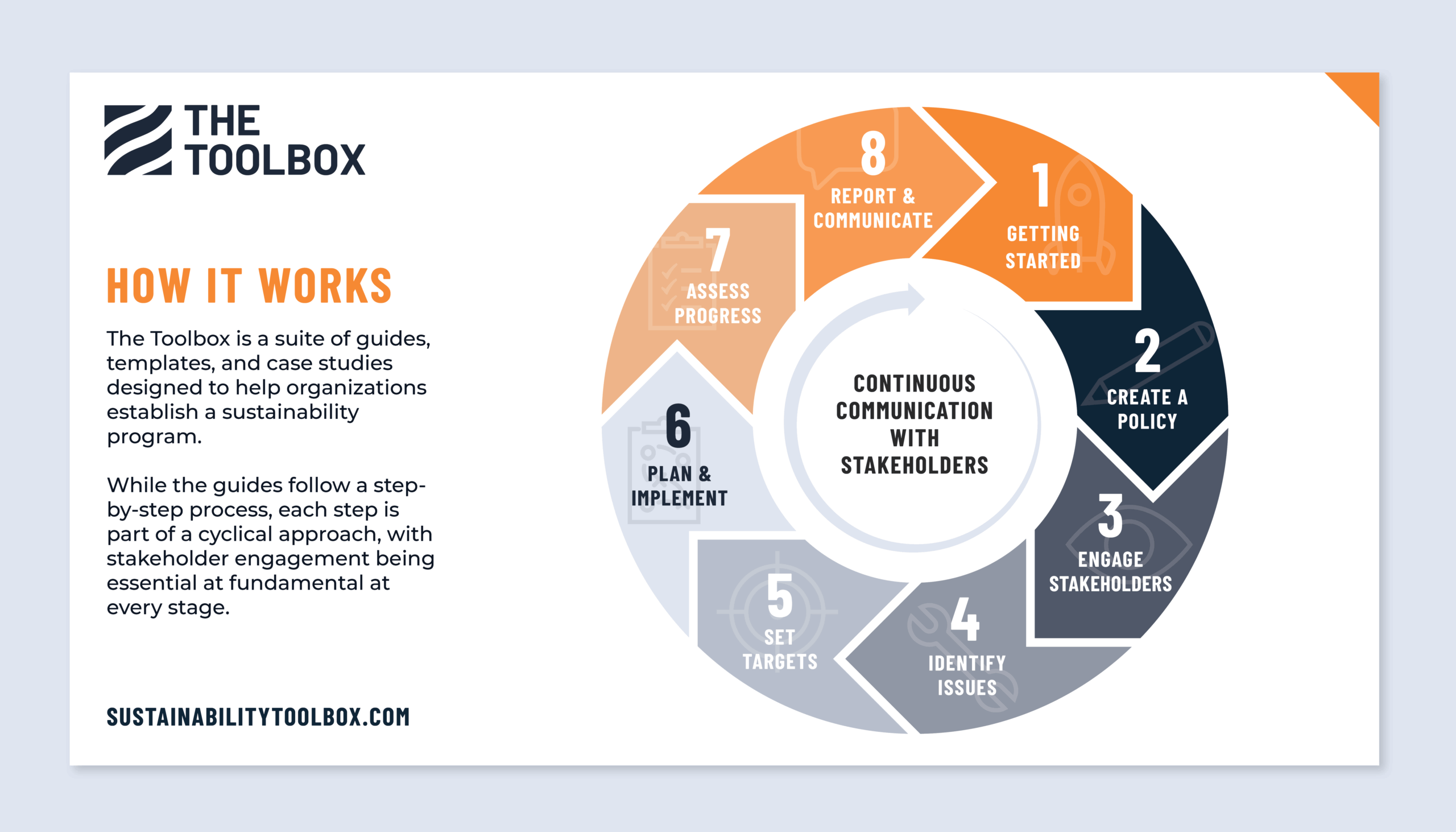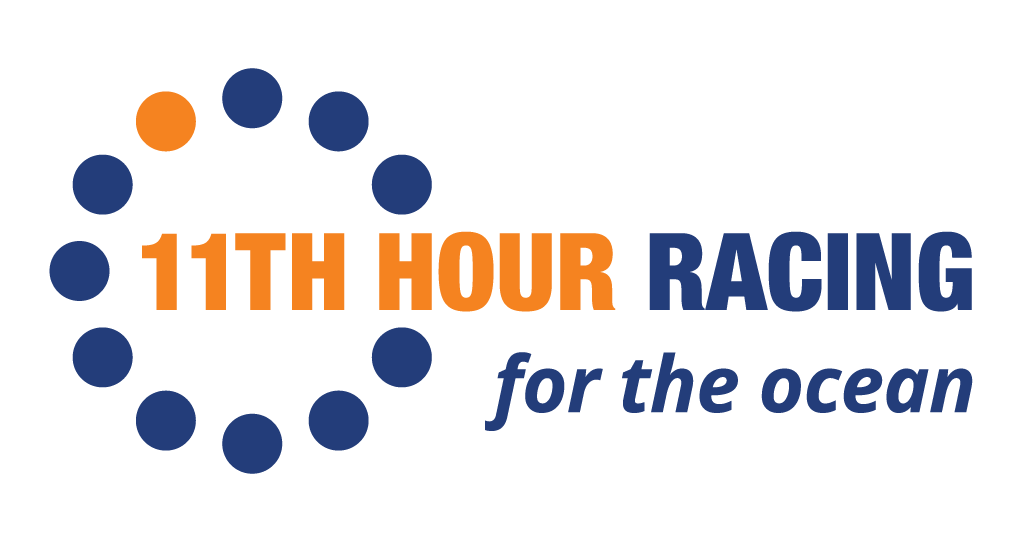Inside 11th Hour Racing’s Sustainability Toolbox
Photo by POW Creative Alliance member Jeremiah Watt
POW Brand Alliance partner 11th Hour Racing leverages the power of sport—especially sailing—to drive positive environmental change and champion ocean health. From global competitions to grassroots initiatives, the organization works to restore balance between people and the natural world by promoting sustainability, innovation, and community-driven solutions.
That same mission led to the creation of the Sustainability Toolbox, a free, easy-to-use framework filled with guides, templates, and real-world case studies. Originally developed to support sustainable practices in professional sailing, the Toolbox is now helping organizations of all kinds take meaningful, measurable climate action—no consultant required.

We caught up with the team at 11th Hour Racing to learn what the Sustainability Toolbox is all about:
POW: Why is the POW x 11th Hour Racing partnership important to you? How can we support each other?
11th Hour Racing: At its core, this partnership is about uniting two communities—mountain and ocean—around a shared mission: protecting the planet we love. It grew out of honest conversations and a mutual respect for each other’s work. While POW brings deep expertise in policy and advocacy, 11th Hour Racing contributes resources, tangible solutions such as The Toolbox, and a track record of driving change in the sports world and beyond. Through our philanthropic work, 11th Hour Racing invests in bold ideas and grassroots innovators, seeding a global network of changemakers who restore the health of our oceans and coastal communities.
By coming together, the two organizations are creating a stronger, more connected movement—one that spans from mountain ridge to ocean reef. We’re building a climate alliance rooted in athletes’ voices, community leadership, and systemic impact. Together, we’re showing that when we align values and vision, real progress is possible.
POW: You all created a Sustainability Toolbox – Tell us the story of how this tool came to be?
11th Hour Racing: Launched in 2021, The Toolbox was developed through an 11th Hour Racing sponsorship of a professional offshore sailing team. With sustainability embedded as a core team value, dedicated sustainability team members worked to address environmental and social challenges—both within the sport of sailing and in the broader world.
At the outset of the program, the Team realized a growing interest from other programs, partners, and suppliers to implement sustainable operations. With tight budgets and a lack of knowledge and experience in the space, the Team identified a strong need for an accessible framework that empowered resource-constrained organizations to implement their own comprehensive sustainability programs.
When Covid hit in 2020, there was little competitive sailing to be done, so the Team took the opportunity to fully develop the framework, which came to be The Toolbox – a free suite of guides, tools, and templates housed within a comprehensive eight-step process designed for organizations of any size or industry sector.

POW: Scaling sustainability efforts can be challenging. What barriers does the Sustainability Toolbox address?
11th Hour Racing: The Toolbox addresses the following:
Lack of resources: The Toolbox makes implementing a sustainability strategy accessible. Whether you have a limited budget or limited resources, the Toolbox resources are free, and the process can be undertaken by anyone.
Siloed thinking: The eight-step process provides a unified approach for engaging both internal stakeholders across departments and external stakeholders outside your direct organization (think customers, suppliers, contractors, etc.).
Lack of knowledge and experience: The Toolbox is a sustainability education hub, filled with “How to” guides, tutorials, and ready-to-do customizable templates.
Lack of Flexibility: Industry-based tools are often too niche, specific, or prescriptive. The Toolbox templates offer a standardized process that can be tailored for any type of organization, regardless of size or sector.
POW: Who is the Sustainability Toolbox made for?
11th Hour Racing: The Toolbox process best suits small to medium-sized organizations that want to implement sustainability programs but may not have the dedicated resources or budget to get started. It can also be a valuable resource to any athlete, outdoor enthusiast, or recreation brand looking to better understand, measure, and reduce their environmental impact – no matter where they are along their sustainability journey.
POW: What’s inside the Sustainability Toolbox, and how exactly does it work?

11th Hour Racing: The Toolbox consists of eight steps covering everything that should be included in a comprehensive sustainability program – from drafting a policy, to engaging stakeholders (arguably the most important step!), to tracking progress against goals and targets. Each step contains an easy-to-understand how-to guide, along with customizable templates and a case study related to each step.
The Toolbox can be applied sequentially, following the process, beginning with “Step 1: How to Start” all the way through to “Step 8: How to report and communicate.” Alternatively, if users are looking to expand their current programs, they can pick and choose the steps that complement the systems already in place or revisit certain steps for continuous improvement.
POW: What benefits will users see from using the Sustainability Toolbox?
11th Hour Racing: Benefits range from the following:
Building value: From finding alliances and partnerships to building value for all stakeholders, the Toolbox helps organizations bolster their people, planet, and profit. Certainly, there is also monetary value – from saving costs to finding innovative solutions. Collectively, this builds greater brand value with inspiring stories to tell about your impact.
Reducing risk and footprint: A core goal for organizations using The Toolbox should be to identify their most material environmental, social, and governance (ESG) risks, impacts, and opportunities—and to set actionable goals and measurable targets to address them across their operations.
Users can conduct a self-audit to identify potential issues, including those that may pose existential risks to their organization. The Toolbox’s tools and trackers also support ongoing compliance in a constantly evolving regulatory landscape.
POW: Who is currently using the Sustainability Toolbox, and what impact have you seen it make?
11th Hour Racing: The Toolbox is published in 5 languages (English, Spanish, French, German, and Portuguese), making it incredibly accessible to a global network. Since its launch in 2021, The Toolbox has had more than 900 users, spanning over 95 sectors, from sports teams to luxury brands. Here are a few unique uses of the Toolbox so far:
ISO20121 at Ski Championships
Ski Austria used the Toolbox to become compliant with ISO 20121, the international standard for sustainable event management. The Toolbox process itself is grounded in ISO 20121 and ISO 14001, which direct organizations to minimize their environmental impact, operate more efficiently, and demonstrate accountability to stakeholders. Ski Austria’s journey was supported by The Toolbox Accelerators program, where experienced consultants from The Toolbox community helped guide implementation and ensure alignment with global best practices.
Outdoor Performance Clothing Brand
A leader in outdoor performance clothing utilized The Toolbox’s resources to audit their manufacturing and retail processes, resulting in the implementation of a more eco-friendly packaging scheme that eliminated significant plastic waste from their supply chain. The brand also developed a mono-material, and recyclable clothing line, designed with disassembly and remanufacturing in mind from the outset.
newportFILM
newportFILM, a non-profit based in Newport, Rhode Island, already had robust sustainability initiatives in place, but used “Step 2: How to Create a Sustainability Policy” to help formalize its program. The organizers of this year-round, event-based documentary series are now using the tracker templates from “Step 7: How to Assess Progress” to measure their progress against targets and implement initiatives for improvement.
POW: Why is it important that the Sustainability Toolbox is free and accessible to all?
11th Hour Racing: The idea of starting a sustainability program can feel overwhelming and, unfortunately, is often associated with being expensive. The Toolbox breaks down program implementation into eight easy steps, making the process more digestible, even for those with limited experience in the space.
As a free resource, The Toolbox is especially valuable to those who want to develop sustainable processes in-house, without the need to hire a sustainability consultant. This ensures sustainability is accessible to anyone or any organization willing to put in the effort to protect the planet.
POW: How do you see other POW Brand Alliance partners or other organizations using the Sustainability Toolbox?
11th Hour Racing: POW partners and other organizations or individuals can use the Toolbox to help organize, legitimize, and codify sustainability efforts. As most outdoor enthusiasts appreciate a solid map, the Toolbox provides a great map for sustainability – allowing users to zoom in and out, tackle macro or micro environmental-impact issues related to their field, and all with clear guides through their journey.
The Toolbox provides members of POW’s Brand Alliance with a starting point for implementing a comprehensive sustainability program or serving as guideposts to keep them on track. Armed with facts, tools, and relatable case studies, the Toolbox empowers organizations with a framework to start the dialogue that drives necessary change.
More specifically, they can use the tools to help create standards with manufacturers or material suppliers, and to influence change outside their direct control. More generally, we encourage POW partners to use these tools to fulfill their specific sustainability needs. The process isn’t prescriptive; it is adaptable, and the output should be unique to each organization.
So go explore, and see how The Toolbox can support your sustainability mission and goals!


